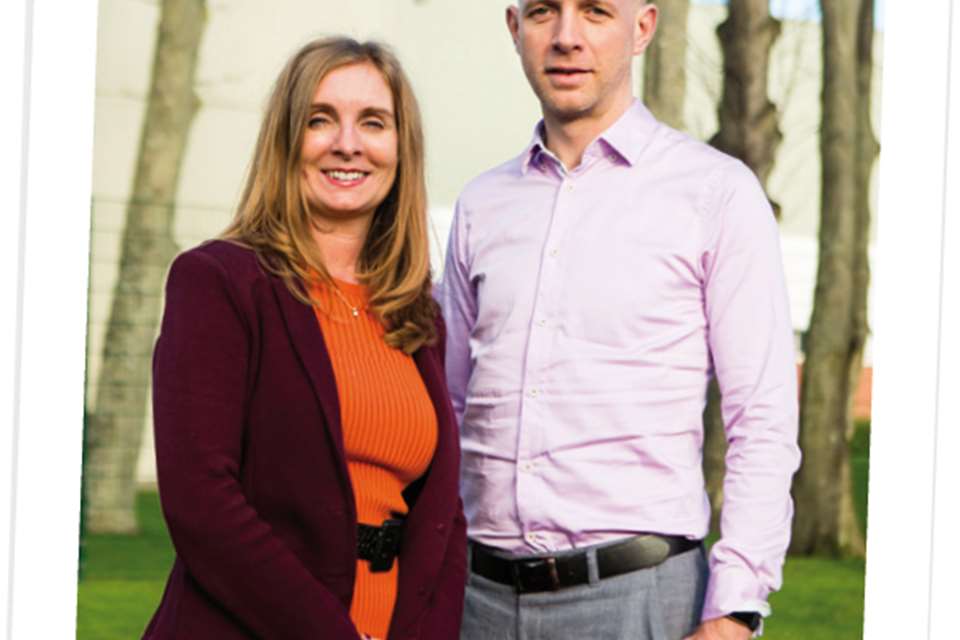Opinion: Watch out for drama schools halving their contact hours
Susan Elkin
Friday, October 1, 2021
Susan Elkin discusses the rapid decrease in contact hours at conservatoires and drama schools across the country

Adobe Stock/Manolo Garcia
Aspirant actors and technical theatre practitioners need practical training and lots of it. You don't achieve industry readiness by reading books, attending lectures, and writing essays, valuable as these are in other contexts.
For many years the rule of thumb was that trainee actors should expect a minimum 30 hours per week of face-to-face training with experienced tutors in studios, workshops, and the like. In some conservatoires that still persists. Royal Academy of Dramatic Art (RADA), for example, provides an average of 42 hours per week. The relatively tiny Musical Theatre Academy (MTA) resolutely offers 30.
But this appears to be beginning to break down, particularly where drama schools have merged with universities. All students pay the same fees, but drama students cost the organisation far more than say mathematicians or historians who get just a few hours per week, and recently, much of it online. So, inevitably there is tension and pressure to bring drama training into line with the rest of the institution – or not. Last year University of the Arts London (UAL) announced the closure of the muchrespected Drama Centre, meaning that there is now one less training option for students.
Some institutions try to fudge all this by presenting the whole study package as 1200 hours per year – including ‘independent study’, lectures and seminars without revealing precisely what percentage of time is actually spent in classrooms learning to act, sing, dance or work backstage. This needs to be watched very carefully and applicants should ask unequivocal questions about hands-on teaching time. Reading a play in an evening or learning a song for the next day in a ‘study period’, for example, should not be counted within the 30 hours. And beware of ‘reading weeks’, which are a money-saving cop-outs.
Some colleges (LAMDA and Rose Bruford for example) are now authorised to award their own degrees, which means they are unlikely to merge with universities. But of the 19 active conservatoires which form the Federation of Drama Schools, five are now ‘owned’ by parent universities.
Of course, many universities run academic drama or theatre studies courses alongside many other degrees, but these are not intended to develop industry readiness. They can work well for people wanting to teach drama, write plays or even direct, because they build academic knowledge – but must not be confused with conservatoire training. Many students have been enrolled on such a course, often badly advised by teachers or parents, and then been bitterly disappointed.
Caveat emptor: my advice to any student wanting to perform or work in technical theatre would be to apply for an independent specialist school and to question staff (and students if chance is offered) closely about teaching hours before signing on the dotted line.









